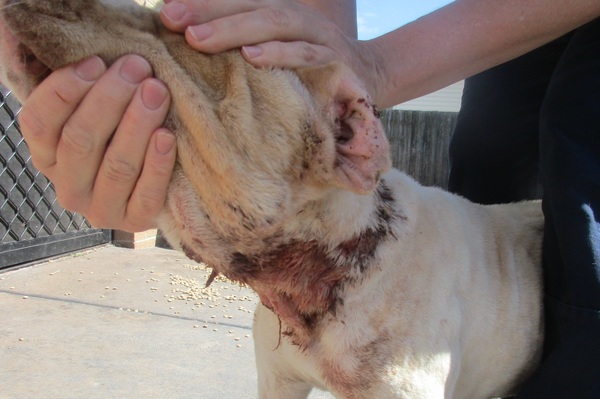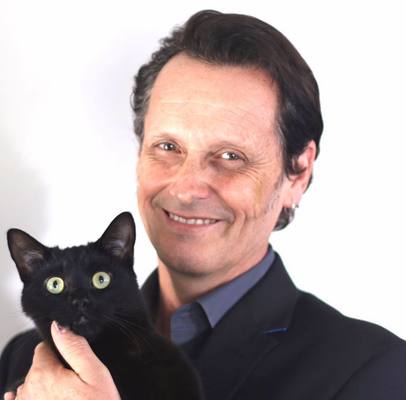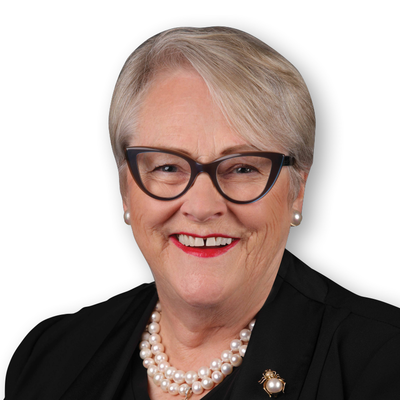Two local MPs have their claws out over calls to introduce mandatory animal cruelty education in Geelong schools.
Animal Justice Party MP Andy Meddick has called for a pilot program after describing Geelong as “Victoria’s cruellest city to animals” for the “third” consecutive year.
City of Greater Geelong, Victoria’s second largest municipality, ranked highest in total animal cruelty reports for 2018/19 with 617, according to RSPCA data.
But Geelong was not even in the top 10 for animal cruelty per capita, a recent RSPCA report stated.
Mr Meddick’s call angered fellow Member for Western Victoria Bev McArthur, who described the potential program as a front for Animal Justice Party’s “radical agenda”.
“On face value, one might think that Mr Meddick’s idea is a good initiative – when is education ever not?” she said.
“However … a Meddick education program would not simply be about educating children on how to respectfully treat animals.”
She went on to accuse her political opponent of wanting to indoctrinate kids “into the idea that animals have an equivalent moral value to human beings”.
This “extreme idea” would undermine the meat, fibre and racing industries, Mrs McArthur said.
She said Mr Meddick was “quick to scaremonger” without “acknowledging that Australia is a world leader” in animal welfare, particularly in farming.
Mrs McArthur instead suggested parents teach their children about animal welfare and holding people who mistreat animals to account, either criminally or through counselling.
But Mr Meddick pledged to speak to Education Minister James Merlino about a mandatory program when Victorian parliament resumed.
“Teaching children and young adults about the importance of sufficient food, water, shelter and socialisation is an important step in ridding Geelong of its serious neglect problem,” he said.
“Teaching future generations about how to responsibly care for their animals will help us remove this shameful title from our town.”
The majority of cruelty reports related to neglect and the statistics showed the importance of teaching young people about responsible “companion animal” care, Mr Meddick said.
“Neglect is a form of animal cruelty. Animal cruelty doesn’t need to be intentional. In fact, most animal cruelty is a result of lack of education.
“Victoria does not want to gain an international reputation of animal cruelty. We’re better than that, and I know we can do better.”
Pyrenees Shire Council ranked highest out of Victorian local government areas for cruelty, with one report per 101 people.









